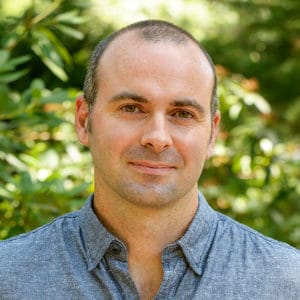
报告人:Brendan Rogers(副研究员Associate Scientist)
时间:2022.12.8 19:00-20:30
Zoom会议:860-996-40602
密码:见邮件或班级通知
报告人简介
Dr. Brendan Rogers studies the vast expanses of boreal forests and Arctic tundra across Earth’s northern high-latitudes. His work focuses on understanding how these systems impact—and are impacted by—global climate change. Dr. Rogers is particularly interested in changes to permafrost ecosystems, including feedbacks to the global climate system through greenhouse gas emissions, as well as impacts on Arctic residents. He combines field measurements, satellite remote sensing, and a range of modeling techniques, and uses his science to inform natural resource management and policies for improved climate mitigation, adaptation, and ecosystem protection.
Dr. Rogers is widely recognized for his expertise and has acted as a member and leader of various working groups, steering committees, science teams, and editorial groups focused on Earth’s rapidly changing high-latitude ecosystems. Currently he leads the Vegetation Dynamics Working Group for NASA ABoVE and is deputy lead for Permafrost Pathways, an initiative funded through the TED Audacious Project that addresses the local to global impacts of permafrost thaw.
报告简介
The Arctic-boreal zone (ABZ) is changing relatively rapidly in response to warming, which is occurring 2-4 times faster in the ABZ relative to the globe. Because of historically slow decomposition rates, the tundra and boreal biomes store an immense amount of carbon, which may be vulnerable to release to the atmosphere as climate continues to warm and disturbance regimes continue to intensify. Given the large land area and sparse in situ observations, Earth Observation (EO) data are critical for understanding, monitoring, and projecting ABZ carbon cycling and disturbances. In this seminar, Dr. Brendan Rogers will provide an overview of how EO data can be used to monitor disturbances and carbon cycling in the ABZ, including remaining barriers and challenges.